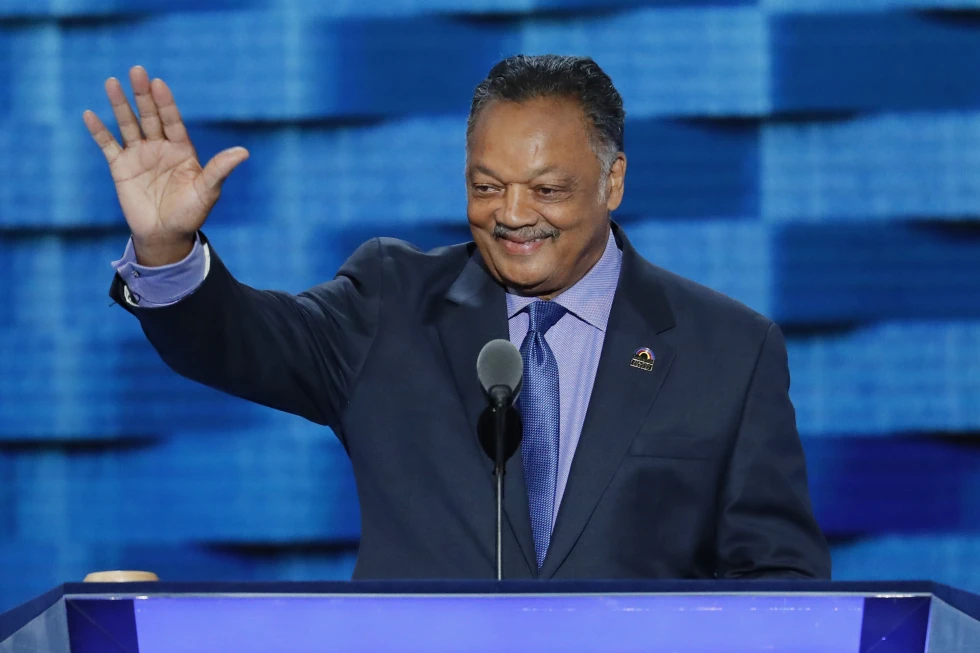Judge Reflects on Black Progress
- ads3921
- Feb 8, 2022
- 4 min read
Camara Banfield makes history in Vancouver
By Beverly Corbell

Clark County Superior Court Judge Camara Banfield completes her first year in office. A former prosecutor who was raised in Vancouver, she is the first Black person to serve on the court serving southwest Washington, an appointment made by Gov. Jay Inslee. PHOTO BY AMANDA COWEN/COURTESY THE COLUMBIAN
Judge Camara Banfield received the text from her daughter as the month began, and it was clearly a message she could relate to: “Happy Black History Month, but it should be every day!” That summed up Judge Banfield’s take on it, she said, agreeing that a dedicated month to study Black history was a good thing, but knowing it’s not enough.
Banfield is the first Black person to serve on the Clark County Superior Court in Vancouver, named to the post last year by Gov. Jay Inslee.
In an interview with the Portland Observer for Black History Month, Banfield said she understood the perils of racism because she grew up with it, but also makes it clear that her personal experiences do not affect her decisions in finding fairness distributing justice from the bench.
Banfield formerly served as a deputy criminal prosecutor with the Clark County Prosecuting Attorney’s Office since 2004, most recently as a chief criminal deputy prosecutor. She is a co-founder of the Action Reform Committee, established to review and reform court policies and procedures around criminal prosecutions.
Systemic racism in the justice system is a fact, but is also something that “we can change,” Banfield explained.
Why should a justice department be immune from the systemic racism found in other places” she said. “I have been called names by the defense, but you have to look at it and address it and move forward.”
Banfield said looking at the historical record of prosecutions from the past to today, show Black people and people of color are more likely to stay in jail, more likely to plead guilty and also have higher amounts to pay for bail.
“In Clark County you’re not likely to have a person of color on your jury and have people judging you who don’t see you like they see themselves,” she said. “There will have to be considerable effort to change that, and people with whom I work are trying to change that. We are educating ourselves.”
Banfield grew up in Vancouver, to a Black father and a white mother. They were divorced when she was small, and she primarily credits her mother with instilling knowledge about her Black history.
Even before the observance of Martin Luther King’s birthday became a national holiday in 1986, Banfield said her mother would keep her home from school on that day and talk about his teachings. But it was still hard to grow up Black in Vancouver, she said.
“I got called several racist slurs growing up, a more common practice back then,” she said. “I got called a ‘jungle bunny’ in fourth grade, and I hope my kids don’t have the same experience. There are a lot more minorities in the area now, but it was hard then. You don’t know what difficulty is when it’s what you’re living.”
Although she was close to both her grandmothers, her paternal grandmother, who lived until she was almost 110, was a big influence.
“She worked in the Kaiser shipyard, cleaned homes of prominent white people, and attended the Vancouver Avenue First Baptist Church of Portland, which her family helped found,” she said.
Banfield said she finds it interesting that so many people, both Black and white, are reading about Black history these days. She pointed to great writings about the Black experience from contemporary authors, giving high praise for Ta-Nehisi Coates, for example, and his 2015 award-winning book, “Between the World and Me,” essentially a letter to his son about growing up Black in America.
Banfield, 49, earned both her undergraduate degree and juris doctorate from the University of Oregon, where she was also a track star, winning a Gold Medal at the 1995 World Championships in Athletics as part of the 4x400 meter relay team. As a result, she often works with young people in track and field.
“I also try to do things with the Boys and Girls Club, which I think is really important, especially,” she said. “If you want the community to change you should go out there and change it.”
While Banfield said she has confronted racism on many fronts, including being appointed in 2020 to the Vancouver School Board to replace board member Mark Stoker after he responded to a tweet about property damage during protests in Seattle, by saying “Two words! Fire hoses!” which, according to the Vancouver Columbian, “was slammed for invoking brutal police tactics during the Civil Rights movement.”
At the time, Banfield said she didn’t know if she would have the time to serve on the school board, but felt she had to, because representing the Black community and advocating for progress matters.
“You have to be that change,” she said.
--Beverly Corbell




